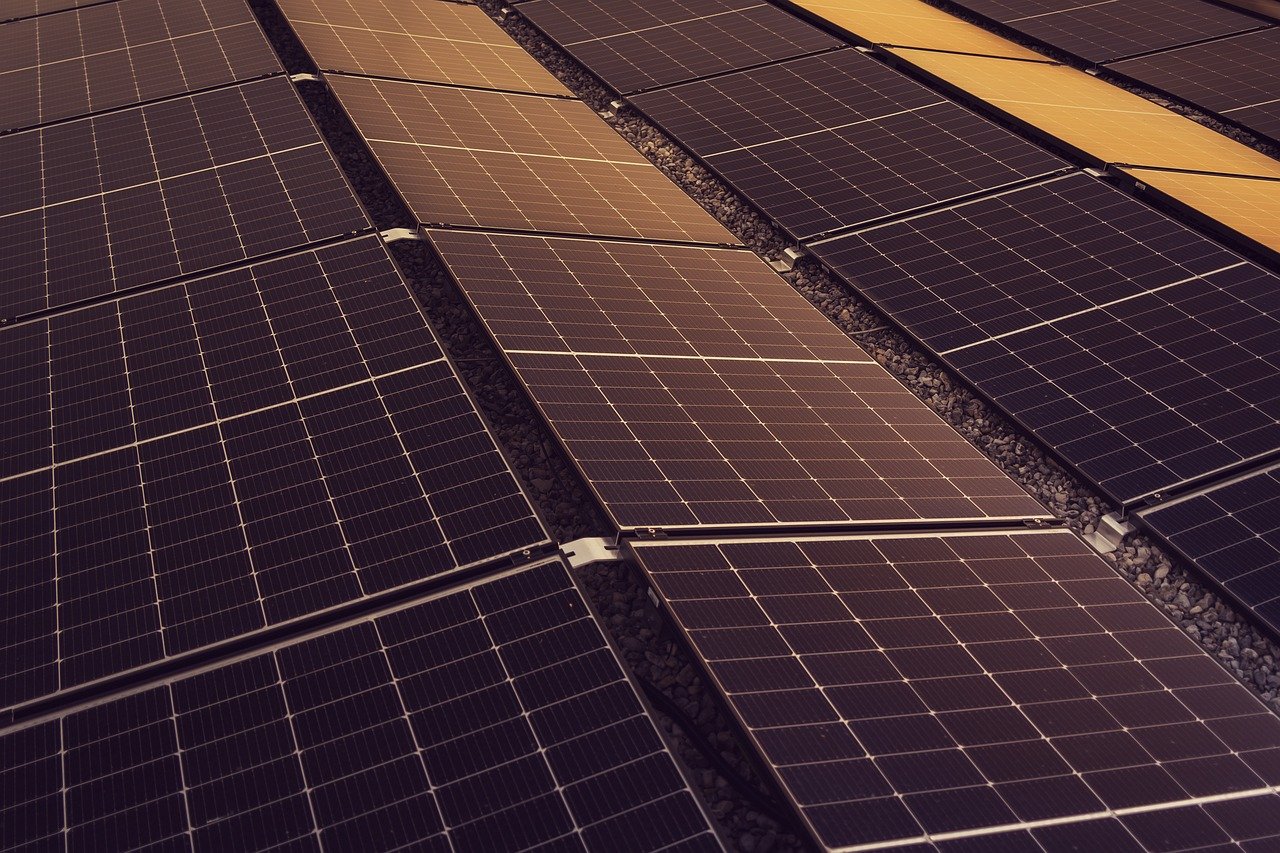
Romania’s state-owned hydropower plant operator, Hidroelectrica, has canceled a tender for a 1.5 GW solar power project in the Oltenia province, which would be the largest investment in Europe in the sector.
Legislative issues led to the termination of a public call for a contractor for a feasibility study and other documentation for a photovoltaic plant on 2,200 hectares of grade 5 agricultural land in the Dolj county. The site for the solar power plant is between Piscul Sadovei and Dăbuleni in Oltenia, Romania’s main coal hub.
The project is expected to be the largest in Europe and could be used for electricity production and agricultural activities simultaneously. Hidroelectrica has earmarked EUR 604,000 for the studies, and the project has been awarded national importance status. The solar irradiation level is 1.4 MWh per square meter per year, the highest in Romania. The solar power plant is planned to be linked to the 400 kV Șânțareni-Kozlodui power line, with an estimated annual output of 1.75 TWh.
Experts believe that Romania is poised for significant growth in solar power, playing an increasingly important role in the country’s energy mix for several compelling reasons.
Romania enjoys abundant sunlight, especially during the summer months. This natural resource provides a reliable and consistent energy source, making solar power a viable and sustainable option.
Investing in solar energy reduces dependency on conventional energy sources, contributing to energy security and independence. With solar, Romania can diversify its energy mix, mitigating risks associated with fossil fuel dependence.
The decreasing costs of solar technologies, coupled with advancements in efficiency, make solar power increasingly cost-competitive. As prices continue to decline, solar energy becomes an economically attractive option for both large-scale and distributed energy generation.
Romania is committed to reducing its carbon footprint and meeting renewable energy targets. Solar power is a clean and environmentally friendly energy source, aligning with global efforts to combat climate change and reduce greenhouse gas emissions.
The expansion of the solar industry in Romania can stimulate economic growth and create employment opportunities. The development, installation, and maintenance of solar infrastructure require skilled and unskilled labor, contributing to the local economy.
The combination of favorable natural conditions, decreasing costs, environmental considerations, and supportive policies positions solar power for significant growth in Romania. As the country seeks to diversify its energy mix and transition towards a more sustainable future, solar energy is likely to play a pivotal and increasingly important role in meeting its energy demands.






